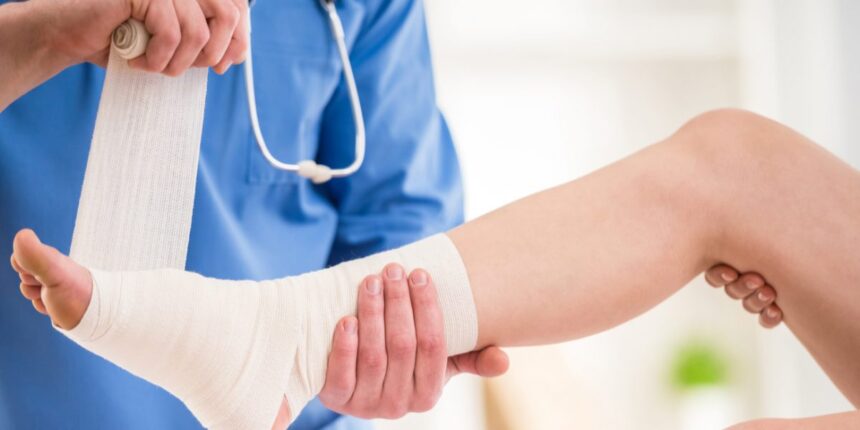Orthopedic emergency care is key when acute injuries affect the bones, joints, or soft tissues and require immediate attention. From fractures to dislocations, timely intervention can significantly impact recovery outcomes. Knowing what qualifies as an orthopedic emergency and what to expect helps patients respond quickly and make informed decisions.
What Qualifies as an Orthopedic Emergency?
Orthopedic emergencies are acute injuries that affect bones, joints, muscles, tendons, or ligaments and require immediate medical attention. These situations occur when damage is severe enough to cause significant pain, loss of function, or risk of permanent complications without prompt treatment. Breaks and fractures are among the common orthopedic emergencies.
These injuries happen when bones crack or break completely due to trauma or excessive force. Open fractures, where bone pierces the skin, require immediate emergency care to prevent infection and preserve function. Dislocations occur when bones separate from their normal position in a joint. Complete dislocations cause severe pain and visible deformity, making movement impossible.
Severe sprains and torn ligaments also qualify as urgent orthopedic conditions. These injuries damage the connective tissues that hold joints together. Tendon ruptures are another category of orthopedic emergency. Achilles tendon ruptures and rotator cuff tears occur suddenly, resulting in immediate loss of function in the affected area.
Why Does Specialized Orthopedic Care Matter?
Urgent orthopedic emergency care provides several advantages over general emergency room treatment for musculoskeletal injuries. Orthopedic specialists possess specialized knowledge and training focused specifically on bones, joints, and related structures. Walk-in orthopedic clinics offer immediate access to board-certified orthopedic surgeons and specialists.
These professionals understand the complexities of musculoskeletal injuries and make accurate diagnoses quickly. Their expertise often leads to effective treatment plans tailored to your specific injury. Specialized facilities also provide advanced diagnostic equipment designed for orthopedic conditions. Immediate access to proper equipment reduces treatment delays and improves outcomes.
What Happens During an Emergency Visit?
Same-day orthopedic care follows a structured approach to effectively evaluate and treat your injury. The process begins with an initial assessment, during which medical staff document your symptoms, the mechanism of your injury, and your pain level. Your healthcare provider will perform a physical examination to assess the affected area. They check for swelling, deformity, range of motion, and stability.
Digital X-rays are often ordered to visualize bone structures and identify fractures or dislocations. These images provide clear pictures of your injury and help orthopedic specialists plan appropriate treatment. Treatment begins immediately based on your diagnosis. Pain management measures are implemented first to help you feel comfortable. Immobilization through splinting or casting is used to protect the injured area and promote healing.
Where Should You Go for Orthopedic Issues?
Understanding when to seek urgent orthopedic care versus emergency room treatment helps you get appropriate care efficiently. Walk-in orthopedic clinics are ideal for most acute musculoskeletal injuries that are not life-threatening. Visit an orthopedic emergency care facility for suspected fractures, dislocations, severe sprains, or tendon injuries. These specialized clinics provide expert care with shorter wait times and focused treatment protocols.
Emergency rooms are necessary for life-threatening situations or injuries with multiple complications. Seek emergency room care for open fractures with significant bleeding, injuries with suspected nerve or blood vessel damage, or trauma involving multiple body systems. Orthopedic urgent care centers handle the majority of acute musculoskeletal injuries effectively. They provide comprehensive care, including diagnosis, treatment, and follow-up planning in a specialized setting.
Book Your Orthopedic Emergency Care Today
Orthopedic emergency care provides specialized treatment for acute musculoskeletal injuries when you need it most. Understanding what qualifies as an orthopedic emergency, the benefits of specialized care, and what to expect during your visit helps you make informed healthcare decisions. Contact an orthopedic emergency care center near you for immediate access to specialized emergency orthopedic services.





